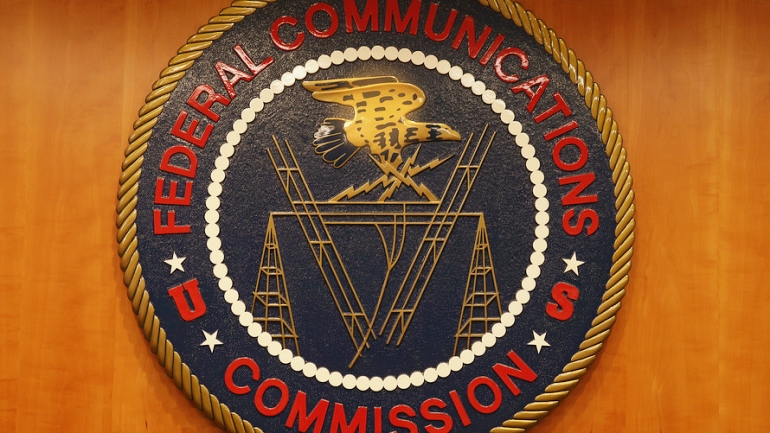The Federal Communications Commission (FCC) has announced the adoption of new rules banning malicious caller ID spoofing of text messages and foreign robocalls. The new regulations will allow the US federal government to carry out enforcement action against foreign businesses involved in deliberate spoofing, thus closing “a loophole in the law that prevented the agency from pursuing scammers sending spoofed text messages and international fraudsters making spoofed calls to Americans.” According to the announcement, this resolution is the further implementation of amendments to the Truth in Caller ID Act of 2009 that “prohibits anyone from causing a caller ID service to knowingly transmit misleading or inaccurate caller ID information (“spoofing”) with the intent to defraud, cause harm, or wrongly obtain anything of value.” These rules have been put in place to counteract scammers operating in overseas call centers who often pretend to be calling from reliable companies. They use…
Since 2014 the Federal Communications Commission (FCC) has been demanding that the telecommunications industry in the US come up with a solution to the growing and disturbing problem of fraudulent robocalls and telephone spoofing. As a result, the proposed Shaken & Stir authentication solution was developed jointly by the SIP Forum, the Alliance for Telecommunications Industry Solutions (ATIS) and the Internet Engineering Task Force (IETF). However, the American Cable Association (ACA) warns that the solution must be cost-effective for smaller VoIP providers. The association, which represents small and mid-sized telecom companies, suggests that the FCC obtain more information from the industry and that small VoIP providers be involved in the evaluation of its cost-effectiveness before it is approved. It stated that if the robocall solution is adopted, members might need extra time to implement it. ACA’s reaction is a result of FCC’s new chairman, Ajit Pai’s determination in carrying out strong measures…





